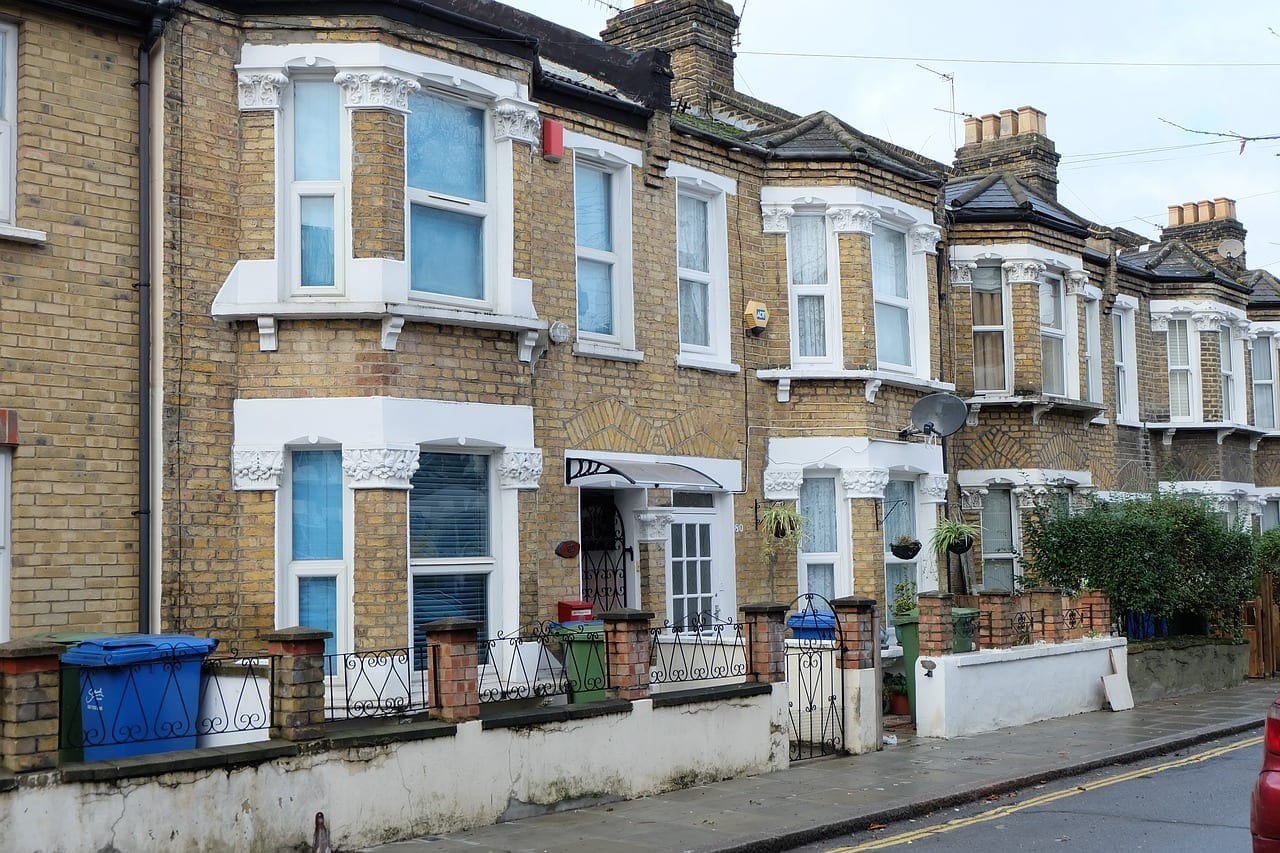Price of houses has gone up in Wales, Northern Ireland and the North West region, whereas London and the South East perform low
Although, the UK property sector may not be performing well, ongoing consumer demand means that the market has stabilised rather than dropped in many areas. This stabilisation of the market applies to the buying price as well as rents. A report from the Royal Institution of Chartered Surveyors (RICS) indicates that house prices stabilised in November at a national level, but many areas are still seeing increases in values against the previous year.
However, the RICS report is based on the opinions of Surveyors regarding the local area and not hard data. That is why the results are seen as indicative or market sentiment and a reliable indicator of prevailing conditions. The report shows that properties listed for sale last month remained at record lows, which continues the trend over the last two years.
There has been a region-wise difference in house prices as well, with London and the South East performing low, while Wales, Northern Ireland and the North West region going up in November. According to Surveyors, the three-month price expectations are generally flat at the national level but region-wide differences exist. Though the sentiment is mixed for London and the surrounding areas, for Wales, Northern Ireland, the North West and Scotland, prices are expected to continue to rise. RICS Chief Economist, Simon Rubinsohn said that it is perhaps the headline indicators for both prices and activity are subdued due to Christmas.
He said that the feedback RICS is receiving from respondents points to quite marked differences in trends across the country. Simon added that it is clear from the results that mood in London and the South East is very much flatter than elsewhere and that the forward-looking indicators suggest it is likely to continue to be so in the New Year. He said that it remains to be seen whether the scrapping of stamp duty for first time buyers announced in the Budget will provide much of a lift for the market. He further said that there was not much evidence of this in the latest survey, which was conducted after the change in policy, and while most independent analysis casts doubt on whether there will be much follow through, it is still early to say anything. But, he said that if the move does trigger a wider debate about how best to tax property, it will serve a useful role.
Commenting on the report, the head of Lending at Mortgage Advice Bureau, Brian Murphy said that the data indicates that the market consolidated in November, amid suggestions that the current shortage of stock will continue for the near term, leading to a flat market in the coming months. He further said that it appears that the regional variations seen for so much of 2017 are still at play and potentially likely to continue, with London and the South East pricing expected to see continued downwards pressure on pricing, yet other areas such as Scotland, Wales, Northern Ireland and the North West anticipated to see continued growth, but at perhaps a more subdued level than observed previously.
Murphy added that in the lettings market, it appears that an equilibrium has been reached between slightly cooling tenant demand and a lack of landlord instructions, which has meant that rents in many areas flattened in November. He further added that considering that November was, by many standards, an unusual month due to both an interest rate increase and changes to Stamp Duty and Land Tax for First Time Buyers, along with what one might suggest to be a challenging political and economic environment, the fact that the market has remained stable is likely to be welcome news for many in the industry.
Therefore, amid all these developments concerning a ‘flat’ period in house prices, some see a positive side to all this as they say a flat trend at least means stability. They say that as Britain goes deeper into brexit negotiations next year and brexit date nears – together with rising inflation – stability means that the market is fundamentally strong.






